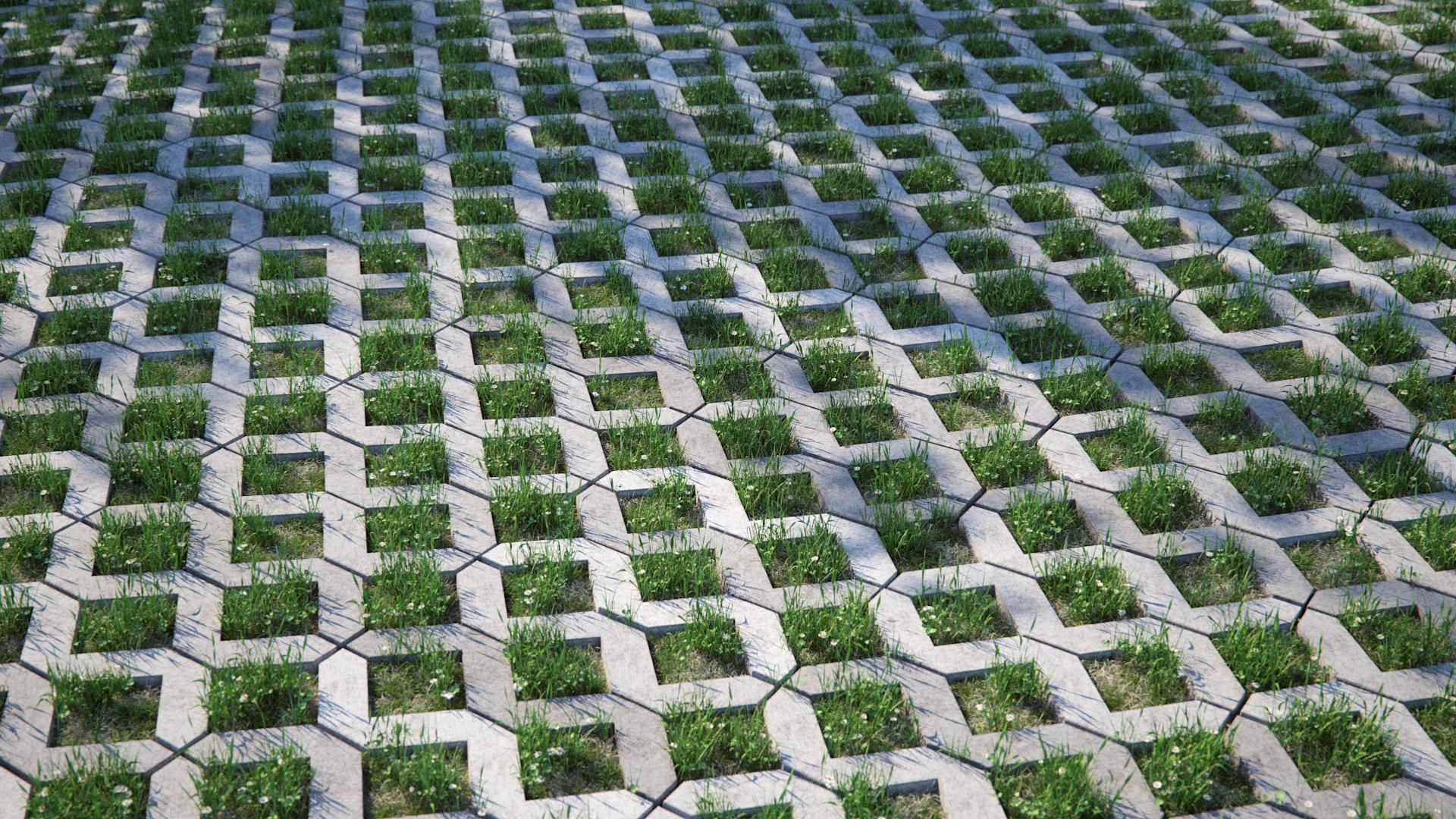Learn From These Landscaping Do's And Don'ts
A lot of people discuss how interested they are in landscaping and gardening as potential hobbies. Just like any hobby or skill, it's much easier to perform landscaping effectively, if you have been trained properly and know the right ways to do the job. Follow this article's advice to start landscaping today.
A great landscaping tip is to make use of the available spaces that you have. One particular helpful tip is to place bushes in areas where outside noise is a problem as the bushes will help drown out any unwanted sounds. Just make sure that you plan out your spacing carefully.
Think about water requirements. If you live in an area that doesn't get a lot of rain, try to use plants that don't require a lot of water. Grass needs more water than any other type of plant, so replace your lawn with wood chips, gravel, or a type of ground cover that is suitable for high drought areas.
Make the most of your landscape by growing a garden suitable for many seasons. Select a wide variety of plants, with some blooming in each season, according to the region in which you live. You can utilize evergreen trees, blooming plants, and a variety of perennials to achieve this great year round look.
Most people don't consider going online to get their landscaping items. Of course, online shopping is very convenient and allows access to landscaping plants that are hard to find or even rare in your local retailers.
Consider growing a hedge or bamboo plants to add privacy to your hard. Bamboo is a hardy grass, and it grows very quickly. It can add a lot of beauty to your property, and also give you a privacy barrier from neighbors or noisy streets. Just be cautious when growing bamboo as it does grow very quickly, meaning you will have to prune it regularly to keep it from becoming over grown.
Befriend your neighbors. You might be able to share costs when you rent equipment or buy large quantities of landscaping supplies together. Offer to help your neighbors with their landscaping project and they will probably help you with yours. Let people borrow your tools and talk about creating a common tool collection.
Plan before you start shopping. It's important to know what you're getting yourself into. Before you go shopping for the things you need, make a plan for yourself. Determine exactly what you're doing, what the costs will be, and the skill level involved. It would be unwise to just start landscaping without some sort of plan. You could easily end up wasting a great deal of time, and money.
Utilize the Internet and mail-order catalogs in order to buy what you need for your landscaping project. Both of these sources are more likely to have rare plants and other products that area stores don't carry. You may also find a good deal, but be careful to pay attention to shipping costs before you purchase.
When contracting a professional landscaper, make sure you not only require references but review those references. Price is obviously a factor in choosing a landscaper. It is imperative, however, that you look at some of the work they have completed before you hire them to do your yard.
Landscape according to the different seasons. Make sure you include a variety of plants in your garden that are at their best during different seasons. This way you will create a landscape that offers year-round interest. Plant a combination of shrubs, trees and flowers, and make sure that there is always something colorful to catch the eye, no matter what season.
If you are a pet owner, and you will be using chemicals to take care of your landscaping needs, be aware of which products you are using. Many of these chemical can make your pet sick, and some could even kill them. If you are unsure of which products are safe, ask the store in which you are purchasing them.
Consider the amount of sunlight that hits different areas on your property before deciding what to plant there. Some plants need full sunlight while others thrive in shade. If you plant the incorrect varieties in the wrong areas, you are setting yourself up for failure. Talk to a professional at your local nursery to determine which plants will do best in different lighting conditions.
Choose plants that will thrive in the planting environment. The best plants will be those that are native to the area. By using plants native to the area they will be properly adapted to the watering demands and temperatures. For example, if you live in a cooler climate and plant tropical plants, the plants will be harder to maintain, and it will be necessary to move those plants indoors in the winter.
As this article mentioned previously, landscaping is a popular hobby and many people are interested in it. However, many people are daunted by the fact that landscaping is perceived as a challenging and difficult ordeal. This article provides excellent information to help you start landscaping today, in a way you will enjoy.

